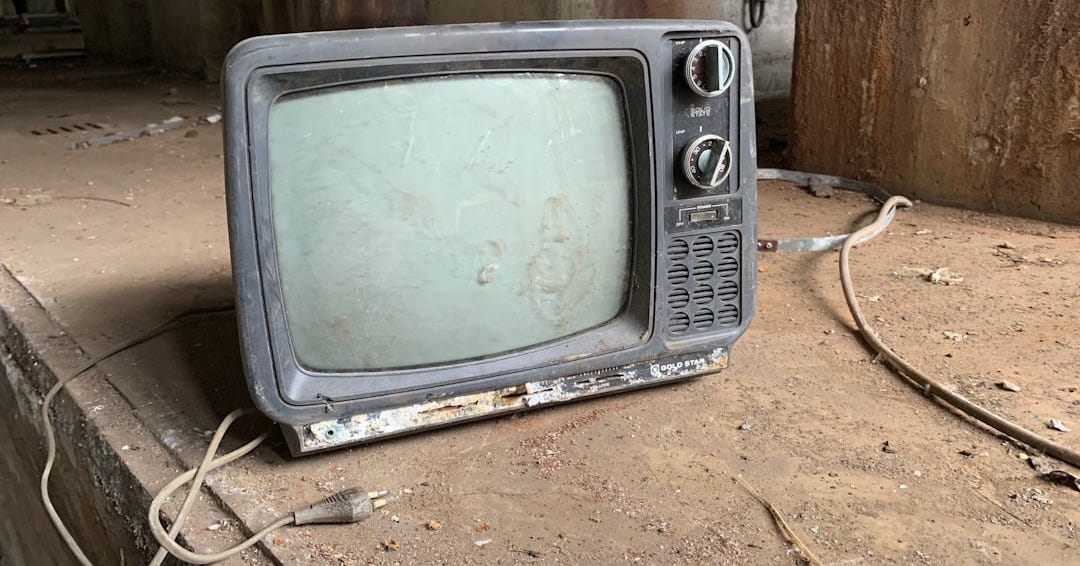Can Democracy Survive the Mainstream Media?
The Harris campaign isn't waiting around to find out

Politico Playbook is a daily morning newsletter by DC insiders for DC insiders. Because “everybody” in the Beltway reads it, Playbook projects a self-conscious awareness of its own importance as it shapes accepted wisdom about politics.
Last Sunday, Politico decided that the Harris campaign’s planned October media blitz…
Keep reading with a 7-day free trial
Subscribe to Wolves and Sheep to keep reading this post and get 7 days of free access to the full post archives.




